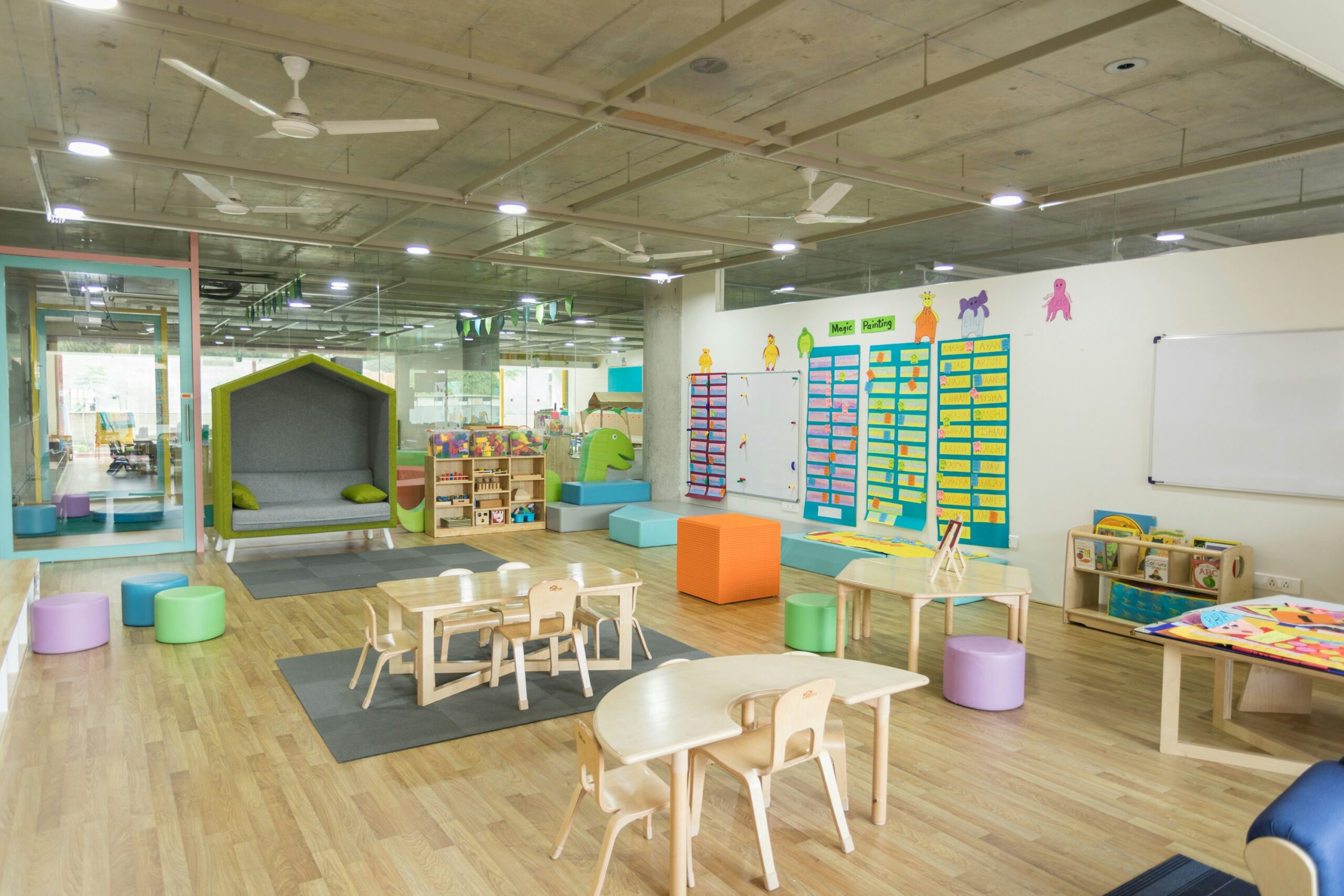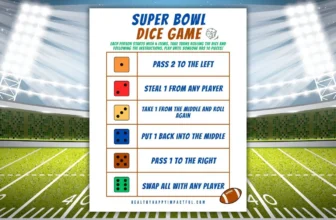
How Pre-K Builds Confidence
Most parents aren’t dreaming about Ivy League schools when they sign their kids up for pre-K. They’re hoping for something a little closer to the heart. ‘I just want them to feel confident,’ is a phrase that comes up a lot. And it makes sense. Confidence is what helps kids raise their hand in class, make a new friend in the playground, try again after getting something wrong, and step into new spaces without shutting down.
Confidence is not something you can pack in a backpack or teach in one tidy lesson. It’s something that grows gradually—through everyday experiences, warm relationships, and a child’s growing belief that they are capable, worthy, and safe.
That’s where pre-kindergarten comes in.
In a well-crafted pre-K environment, confidence doesn’t come in big, dramatic leaps. It’s built quietly, through repetition, connection, and care. Kids don’t even realize it’s happening—they just feel good being themselves. And that feeling becomes the foundation for everything that comes next.
A Safe Place to Try Things (Even When They’re Hard)
Walk into a pre-K classroom and you’ll see children doing all kinds of things: putting on their own shoes, negotiating snack time rules with a classmate. What you might not see at first glance is how often they’re trying something they don’t quite know how to do—yet.
Pre-K offers that perfect in-between space. It’s not a free-for-all, but it’s not rigid either. There’s room for kids to test their skills, try a new strategy, or make a mistake without the fear of being corrected too quickly or judged too harshly. When a teacher says, ‘Want to try that again?’ or ‘Let’s figure this out together,’ they’re not just teaching a task. They’re shaping a mindset: one that says, ‘You are capable. You can grow. It’s okay to not get it right the first time.’
That message sticks. And over time, it becomes a belief a child carries with them.
Independent Moments That Add Up
Pre-K classrooms are quietly brilliant in how they’re set up. Everything from the sink to the art supplies is intentionally child-sized and within reach. It’s more than convenience—it’s an invitation to take ownership.
Children are trusted with responsibilities in ways that might seem small but matter a lot. Choosing their own center activity. Pouring their own water. Putting on their coat without help. These are the daily victories that send a bigger message: ‘You’ve got this.’
And once they believe they can do these little things? It becomes easier for them to believe they can do the bigger things too. Like standing up in circle time and sharing an idea. Or asking for help in just the right moment.
Navigating the Social World
Pre-K is full of micro-social interactions. Some go smoothly, some don’t—and that’s okay. What’s powerful is how children are guided through them. Teachers help them find the words they need, model listening, and gently coach them through conflict instead of solving it for them.
That kind of support doesn’t make kids dependent—it actually strengthens their social muscles. Each time they navigate a tricky moment with a peer, they learn a little more about themselves and a little more about what it means to be in community with others.
Handling Big Feelings With Support
Ask any pre-K teacher and they’ll tell you: emotional development is front and center in the early years. That’s because big feelings come fast and often at this age—and learning how to handle them is one of the most important confidence-building tools a child can develop.
In a responsive classroom, emotions are not pushed aside or shushed. They’re named, validated, and worked through together. A teacher might kneel beside a frustrated child and say, ‘I see you’re really upset. Let’s take some breaths together,’ or offer, ‘It’s okay to be mad. Want to sit next to me until you feel ready again?’
These gentle interventions don’t just solve the problem in the moment. They help a child internalize this crucial truth: my feelings are manageable. I can feel overwhelmed, and I’ll come through it. That’s the kind of emotional security that leads to real, grounded confidence.
Learning That Feels Like Play
Confidence flourishes in environments where pressure takes a backseat to joy. Pre-K programs understand this better than anyone. Instead of pushing kids to perform, the best ones make space for curiosity, exploration, and discovery.
Learning is still happening, of course—every minute of the day. But it’s happening through hands-on play, open-ended questions, and genuine excitement about the world. Children are encouraged to follow their interests, test theories, and make mistakes without fear of being “wrong.”
When a child discovers that learning can feel like fun, they begin to see themselves not just as someone who can follow directions or repeat facts, but as someone who loves figuring things out. That intrinsic motivation is a powerful driver of long-term confidence.
Everyday Wins That Matter
There’s no single magic moment that makes a child feel confident. What makes the difference are the everyday wins: putting on a smock by themselves. Figuring out how to build a bridge with blocks. Helping a classmate clean up. Remembering the lyrics to the goodbye song.
These are the kinds of victories that get noticed and named in a nurturing pre-K classroom. Not with over-the-top praise, but with the kind of attention that tells a child, “I see what you’re capable of.” That kind of affirmation goes deeper than just feeling good—it helps children develop a strong sense of self.
Carrying Confidence Into Kindergarten and Beyond
The confidence that begins in pre-K doesn’t stay there. It moves with your child as they take on new classrooms, new teachers, and new challenges. A confident child walks into kindergarten not only ready to learn but ready to participate, connect, and adapt.
They’re the ones who bounce back from hard days, who try again when something doesn’t come easily, who ask questions, who take healthy risks, and who believe that they belong.
And it all starts long before the first kindergarten worksheet. It begins in a space where they were trusted, encouraged, challenged, and loved.
That’s the gift of a high-quality pre-kindergarten experience—not just preparation for academics, but preparation for life.
Pre-order my debut children’s book
Greek Myths, Folktales & Legends for 9-12 year olds
Published by Scholastic. Available on Amazon
Disclaimer: This content was automatically imported from a third-party source via RSS feed. The original source is: https://honestmum.com/how-pre-k-builds-confidence/. xn--babytilbehr-pgb.com does not claim ownership of this content. All rights remain with the original publisher.







